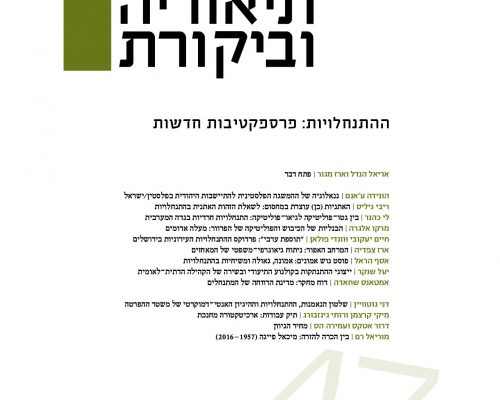הבנליות של הכיבוש והפוליטיקה של הפרוור: המקרה של מעלה אדומים
מרקו אלגרה
בהתבסס על הסכֵמה התיאורטית לניתוח המרחב שהציע אנרי לפבר (Lefebvre), המאמר בוחן את צמיחתה של מעלה אדומים כמי שניצבת במשולש שבין הגדרות מדיניות, תכנון פרופסיונלי ומרחב יומיומי. השיח המחקרי המקובל מתמקד בפן האידיאולוגי של מקימי ההתנחלויות ותושביהן ובתפקידן הגיאו-פוליטי, ואילו מאמר זה בוחן כיצד ההתנחלויות הופכות דווקא למרחב מבטיח עבור מעמד הביניים – מרחב שמציע דיור בר-השגה, נגישות, ביטחון, תכנון עירוני מודרני וחיי יומיום עשירים. בחינת הזיקות בין ירושלים למעלה אדומים מעלה תמונה מורכבת: מעלה אדומים נחשבת חלק מהמטרופולין ירושלים מכל בחינה תפקודית וחלק מחיי היומיום של תושביה, אך בכל זאת היא נבדלת מירושלים בתחושת הביטחון שהיא מייצרת. כך, באופן פרדוקסלי, האיום העיקרי בעיני תושבי מעלה אדומים איננו הפלסטינים; תחת זאת הם מוצאים בעירם הגנה ומפלט מפני תופעות אורבניות כמו פשע, לכלוך ואי-ודאות, ובהקשר הירושלמי, אף מקלט ממה שנתפס כהשתלטות חרדית על המרחב העירוני.


